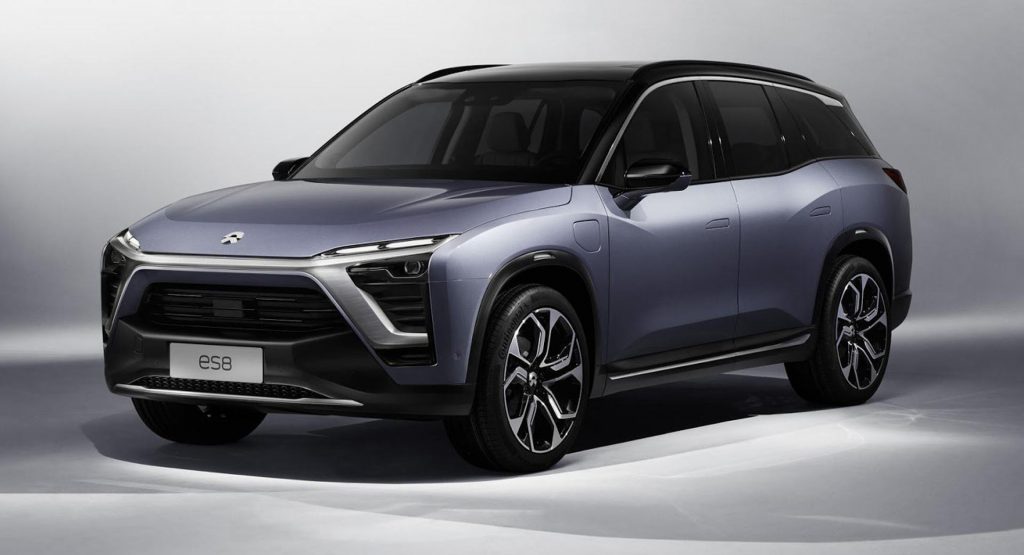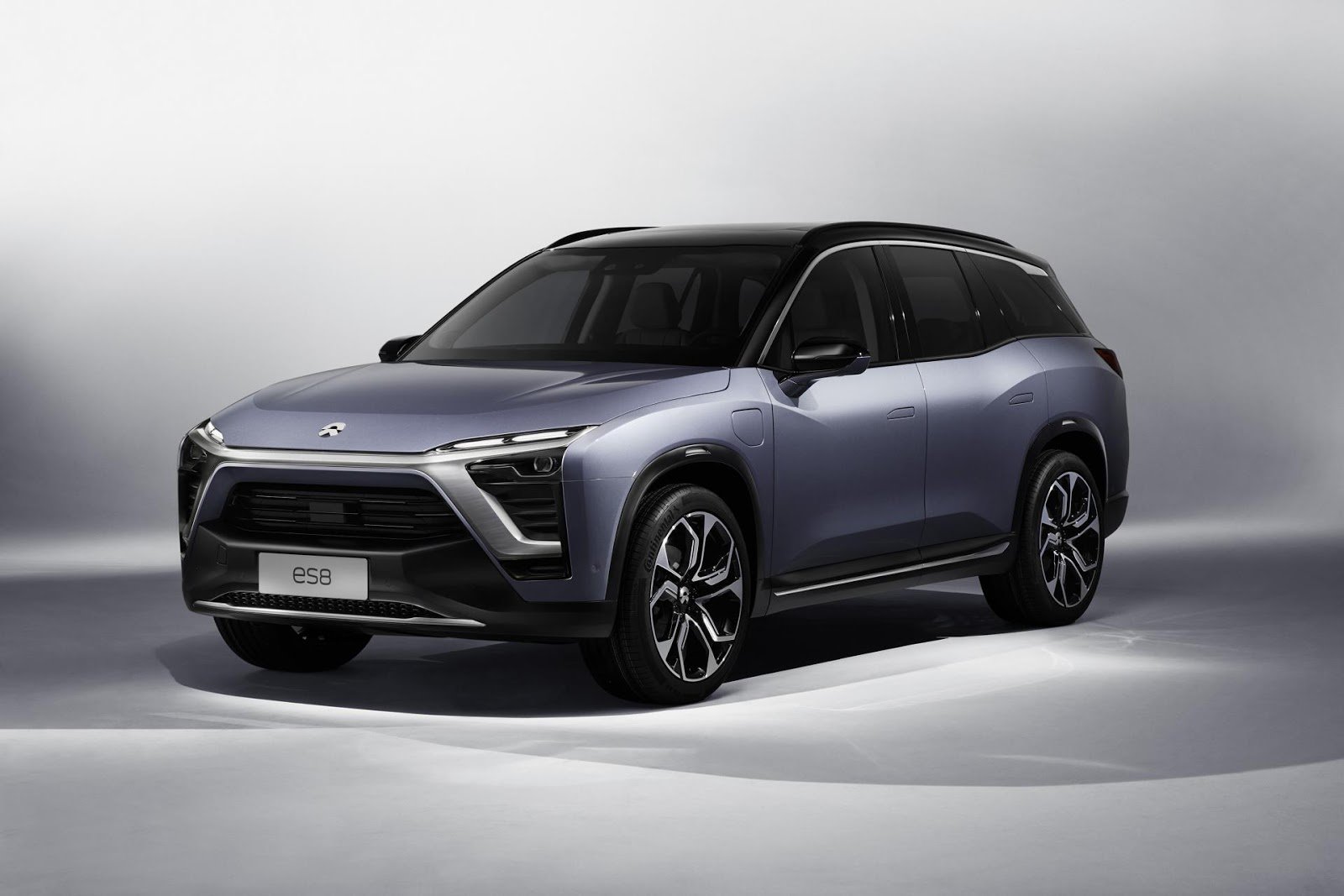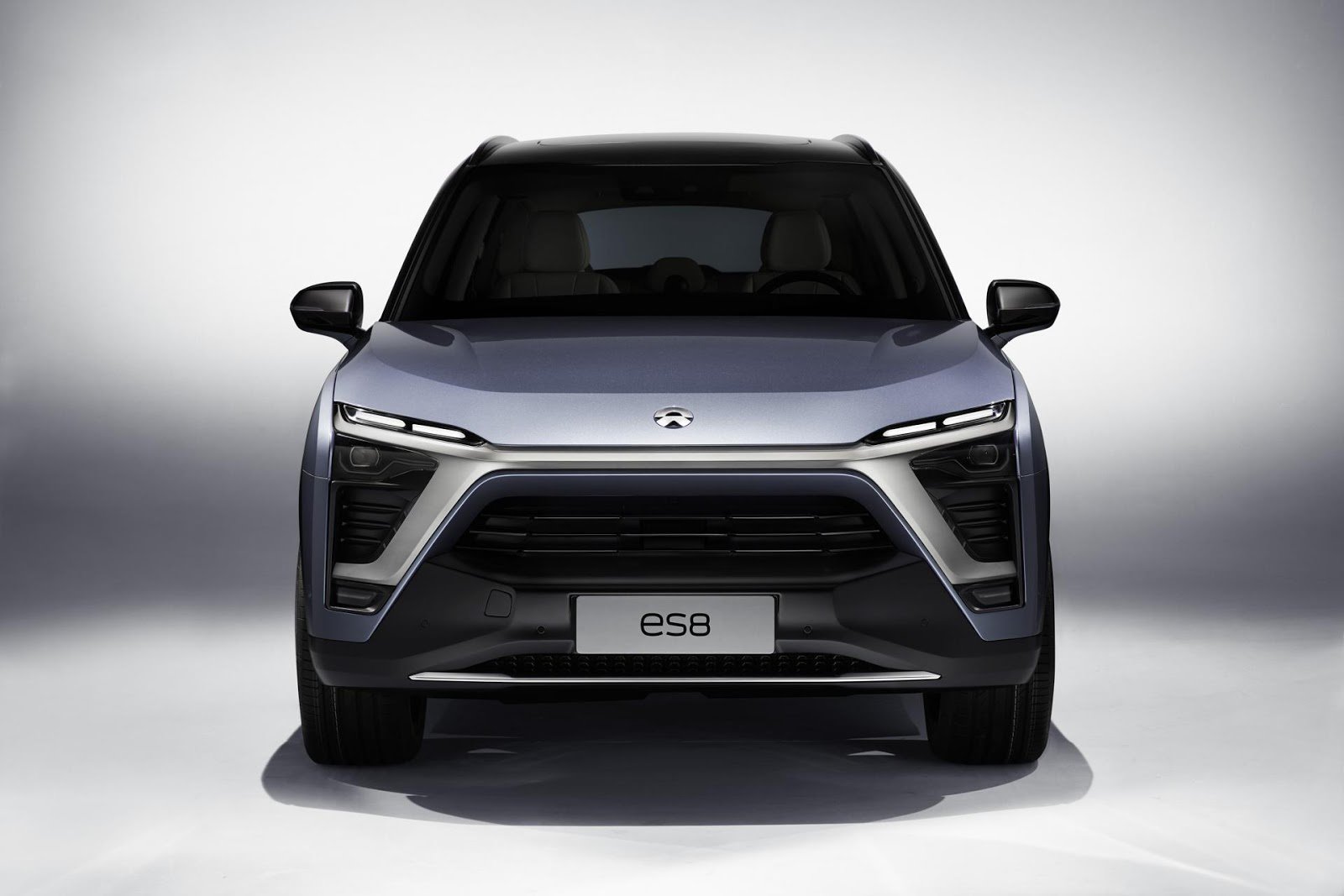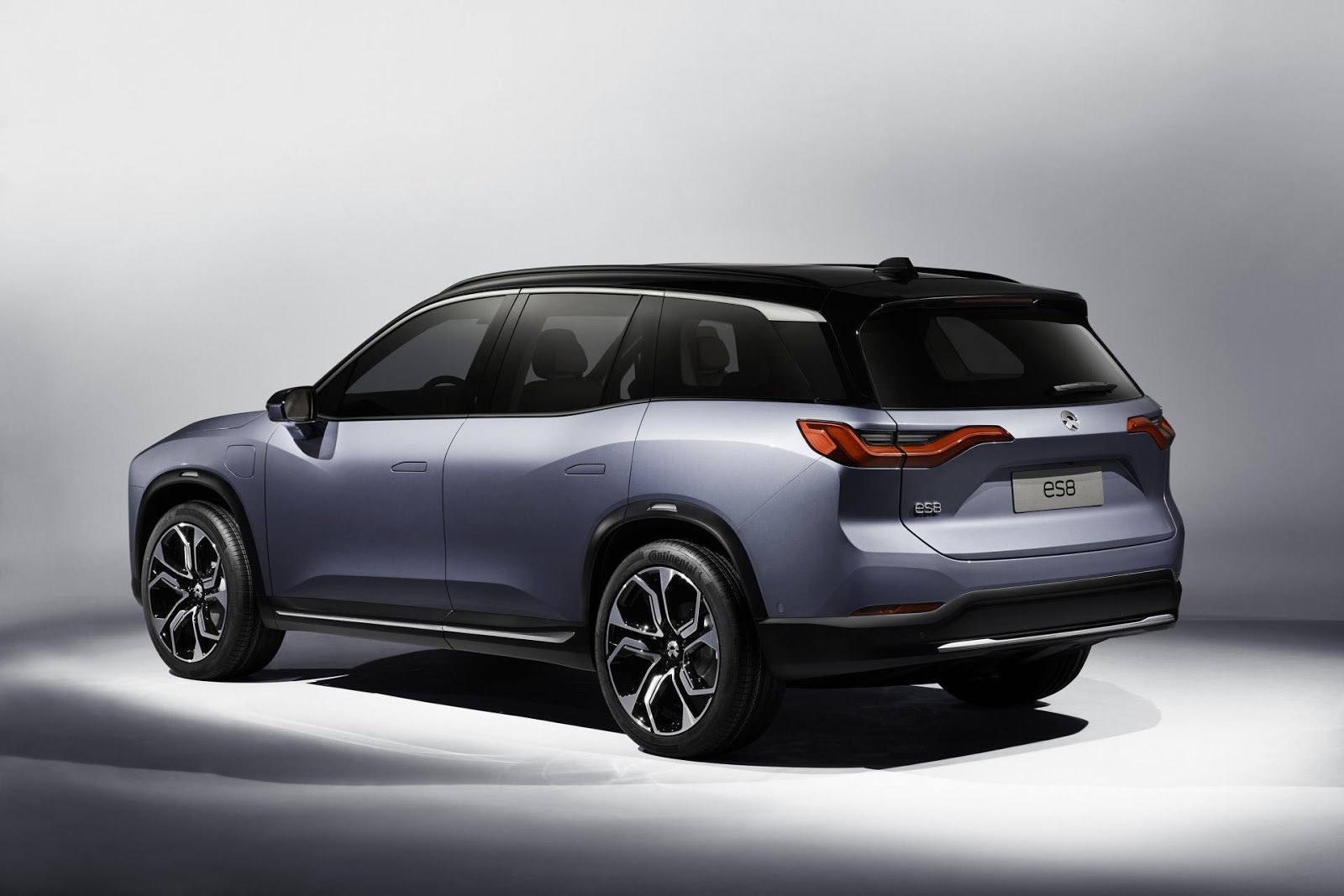Electric automaker Nio hit the New York Stock Exchange earlier this week and raised $1 billion by going public.
When trading started, the startup car manufacturer was priced at $6.26 a share, just one cent above the bottom of its pricing range. Consequently, Nio failed to raise the $1.8 billion it had aimed for.
Throughout the first day of trading, prices varied between $5.84 and as high as $6.81 before closing out the first day at $6.60, giving Nio a total market cap of $7.1 billion.
Seeing Nio go public in the United States is interesting on a number of fronts. For starters, the company doesn’t sell any vehicles in the U.S. and has no intention of doing so in the immediate future. What’s more, it has only recently started production and deliveries of its first mass-production model, the ES8 SUV. As of late-August, Nio had delivered just 1381 examples of the ES8, despite receiving more than 17,000 orders for the EV.
Prior to its listing, Nio said it would use any proceeds from the IPO on research and development of products, services and technology, marketing and developing sales channels, improving its supply chain, and building manufacturing facilities.
Tech Crunch reports that a number of factors are at play for the company’s share price falling short of expectations. For starters, investors still have concerns around the performance of Chinese firms. Additionally, China’s government is cracking down on numerous local EV companies, while a knock-on effect from poor financial results reported by Tesla are thought to have contributed to Nio’s low valuation.






